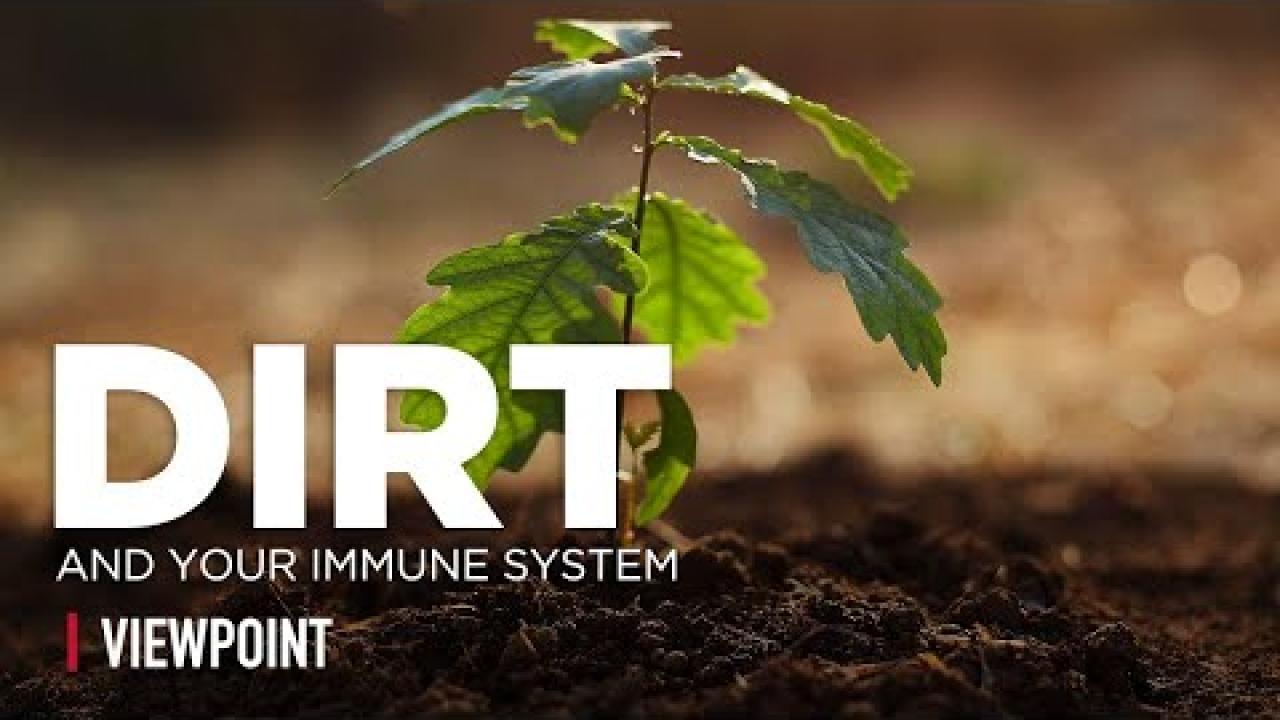
Can Dirt Strengthen the Human Immune System and Lead to Better Mental Health?
No doubt you have heard of studies and statistics that show our society is being increasingly afflicted with depression and anxiety. This ironically is a problem that is much worse in the wealthy nations of the world than in poorer ones. It is particularly a concern in larger urban areas. Studies show a direct relationship between rates of anxiety and growth of urbanization.
No doubt you have heard of studies and statistics that show our society is being increasingly afflicted with depression and anxiety. This ironically is a problem that is much worse in the wealthy nations of the world than in poorer ones. It is particularly a concern in larger urban areas. Studies show a direct relationship between rates of anxiety and growth of urbanization.
For instance, a recent report showed that urban populations have a 20% greater incidence of depression and a 77% greater occurrence of psychosis than populations inhabiting rural areas.
A CBC report published in April 2021 offers at least a partial explanation. Cities by nature have people living in close proximity, often in multi-story dwellings built close to each other. Here there is less opportunity for people to interact frequently with with soil and plants. The aforementioned report references the incredible healing effect of digging in soil and planting and nurturing a garden, even on tiny balcony spaces.
Alberta Hospital Edmonton specializes in supporting those with mental disorders. Their manager of vocational programs, Lindsey Pearson, states:
"Planting something and caring for it through to a mature plant can create a sense of purpose, satisfaction and joy to be able to see something flourish…Gardening reduces stress and anxiety, and calms the soul. Horticulture therapy can mean so many different things to people…”
We know that being productive with our hands is mentally therapeutic, but is there an added benefit in working with plants?
A University of Bolder Colorado paper, originally published in 2018 by Lisa Marshall, describes the research findings of Prof. Christopher Lowry who spent much of his scientific career studying the impact of beneficial microbes on mental health. The paper “Why dirt may be nature’s original stress buster” examines the potentially critical role soil microorganisms can play in human physical and mental health.
“As human societies have migrated to urban environments, we have lost touch with a host of bacterial species that play a role in regulating our immune system, and this is helping to fuel an epidemic of inflammatory disease…I want to know: What are the impacts on mental health?”
Early results suggest that people who are regularly exposed to soils, dust and even animals seem to have “…more stress-resilient immune systems and may be at lower risk of mental illness…”
When we work with living things, not only might we acquire some benefit from the microbes that may be associated with them, but we also are in contact with growing, self-replicating, often beautiful life forms. We are in the real world with that which gives us food and beauty—it causes us to grasp the intricate and brilliant designs that are so obviously testimony to their Designer. All this places our mental health on a much more stable footing.